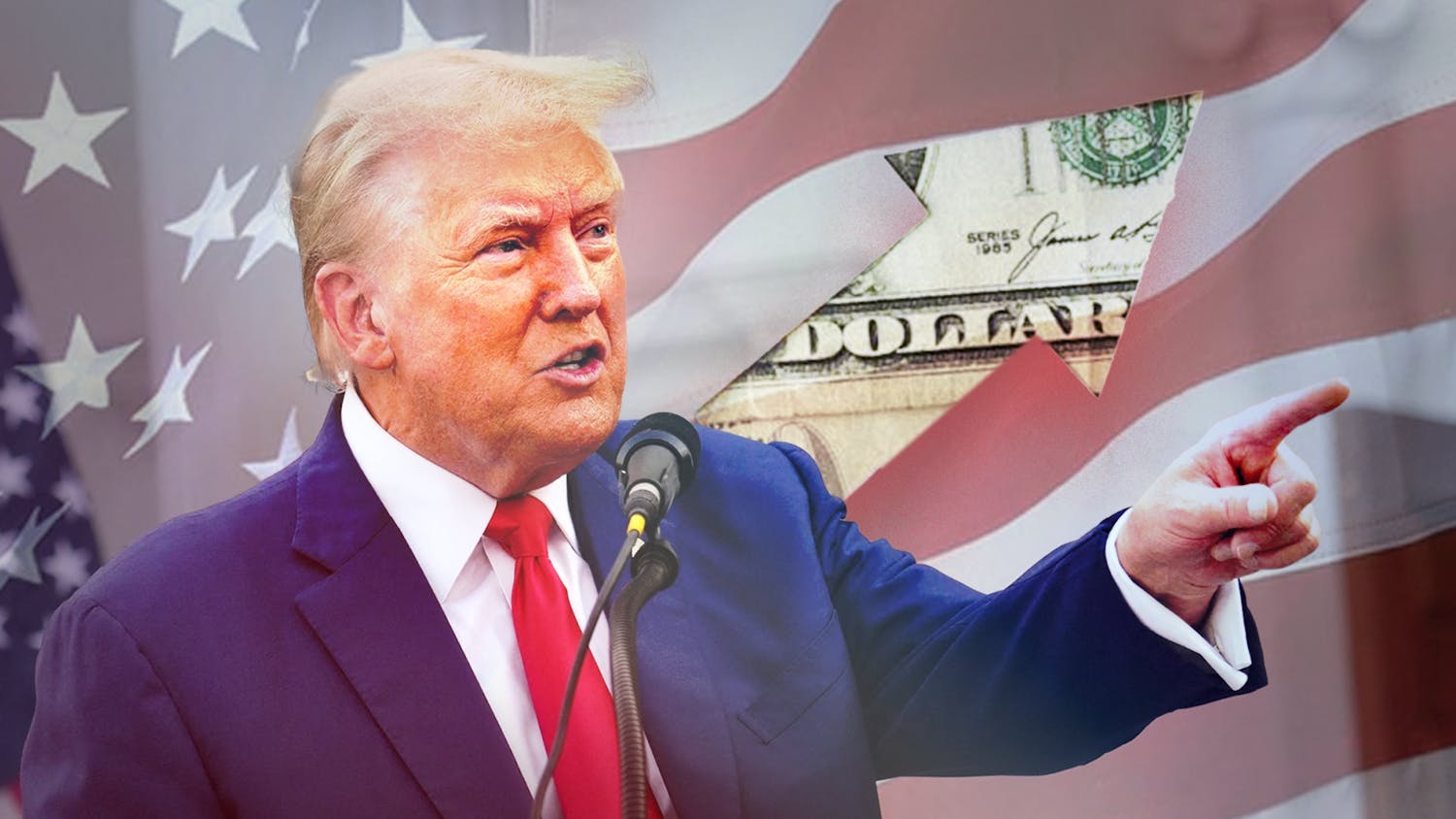When someone embraces being politically incorrect, they really mean they are either: a) factually incorrect or b) a jerk. At the Aug. 6 Republican presidential debate, Donald Trump said, "I don’t frankly have time for total political correctness. And to be honest with you, this country doesn’t have time either." Contrary to what Trump may believe, political correctness is not stopping relevant political discourse but, rather, pushing it toward the real issues.
Most of the time, "political correctness" is not obscuring an issue, but instead highlighting social inequalities and stereotypes that still exist. For example, the term "anchor babies" is not used to describe all babies born to U.S. immigrants, just undocumented ones. It perpetuates the idea that having an American child somehow protects an undocumented person from being deported. However, this is not accurate, since 22 percent of all deportees were the parents of American children in 2011.
Additionally, the term is used disproportionately to describe Hispanic children. It portrays their parents as having children in the U.S. as a method of scheming to stay here when, in fact, most of them came here to work. The true issue is how the children are being cared for once their parents are deported, because parents are not fully protected from deportation by their child's status as an American citizen.
Words have implications. To say that they don’t is to deny historical context. It is necessary to reflect on how words can affect people. Chances are, if there is something you want to say but don’t because it’s "politically incorrect," what you were going to say is rude at best and inaccurate at worst.
Saying something in a "politically correct" way does not make it less true. Yes, there are things that you shouldn’t say because they are potentially hurtful. Instead of deliberately saying those hurtful things, you should instead ask yourself why they are hurtful and stop saying them. Trump continues to be the talking piece for all of the nonsensical theories out there, from birthers to the bane of political correctness. Trump and his supporters believe the real problem in the U.S. is that political correctness has run amok. His followers are attracted to his ability to "tell it like it is."
In fact, the problem is when people use the term "politically correct" to gloss over actual substantive issues. Instead of talking about ways to manage immigration, the rhetoric instead focuses on calling out political correctness. Perpetuating the belief that "politically correct" discourse is hindering progress because certain beliefs are being repressed is almost as nonsensical as the idea of reverse racism, the notion that by enabling another race, white people are being oppressed in turn.
But this is simply not true due to established, institutionalized power structures. Over time, certain voices have been heard more than others — specifically, those of wealthy, white, straight, cisgender men like Trump.
In the past, policies instituted by people in that incredibly specific demographic were used to put down those who fall outside any of those aforementioned parameters by not allowing them to vote or simply not enabling them to share their perspective.
Now, people who fall outside of groups with institutional power have the capacity to have a voice; when they call out offensive or problematic language, they deserve to be heard. Perhaps it’s the people in those communities who know what is best for them, not someone who is detached from their experiences.
Some believe that by being politically incorrect you are just being honest. In reality, this is just an excuse to use discriminatory language. Using the term "political incorrectness" is just a way to give oneself carte blanche to be sexist, racist, ableist, homophobic and transphobic under the guise of "speaking your mind" and "telling the truth."
Nicole Dan is a UF political science sophomore. Her column appears on Tuesdays.





